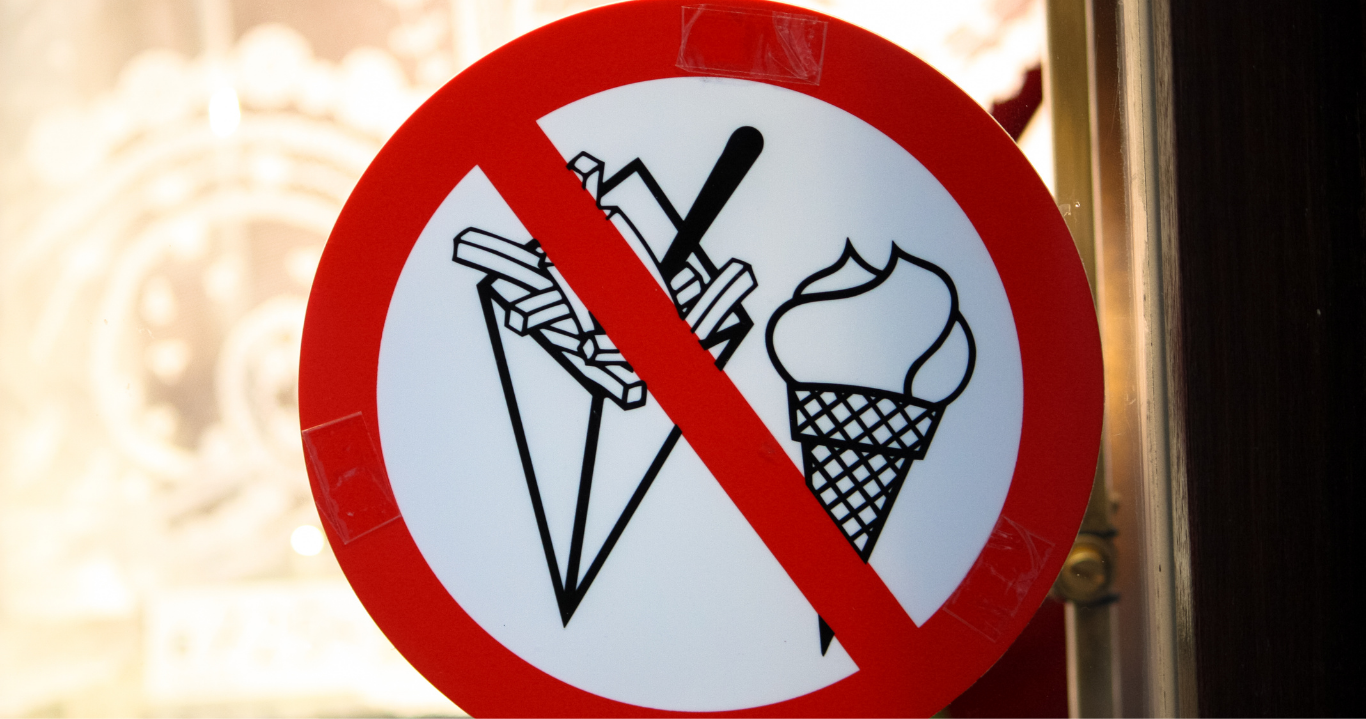Traveling the world is an exhilarating experience, but it comes with many cultural nuances and local regulations. While most countries have common-sense rules for visitors, some leave travelers scratching their heads. In exploring the bizarre travel bans, we uncover unusual things banned in various countries, offering a unique perspective on the diversity of global travel restrictions.
You May Like: The Best Food Cities From Around The World!
Chewing Gum in Singapore:
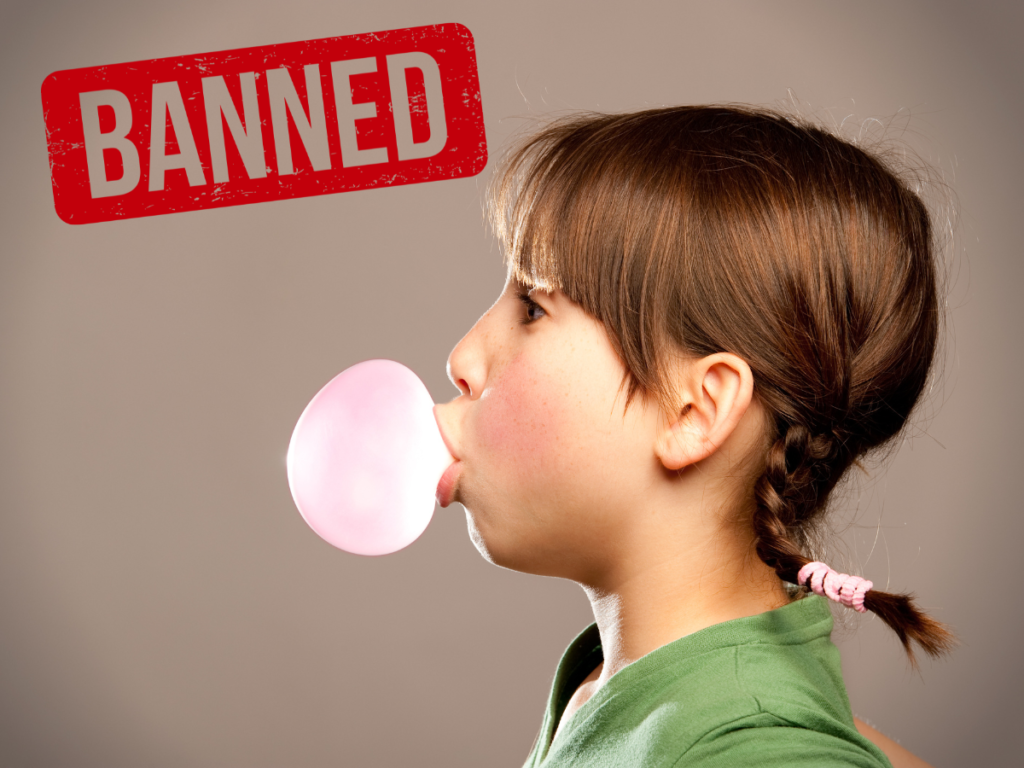
A Sticky Situation: Singapore, known for its cleanliness and strict regulations, has an unusual ban on chewing gum. Since 1992, the sale of chewing gum has been prohibited, except for therapeutic or dental gum with specific medicinal ingredients. The ban was implemented to maintain the city-state’s pristine environment and prevent gum-related litter. Travelers to Singapore should be aware that carrying large quantities of gum into the country is also restricted.
High Heels in Greece’s Ancient Sites:
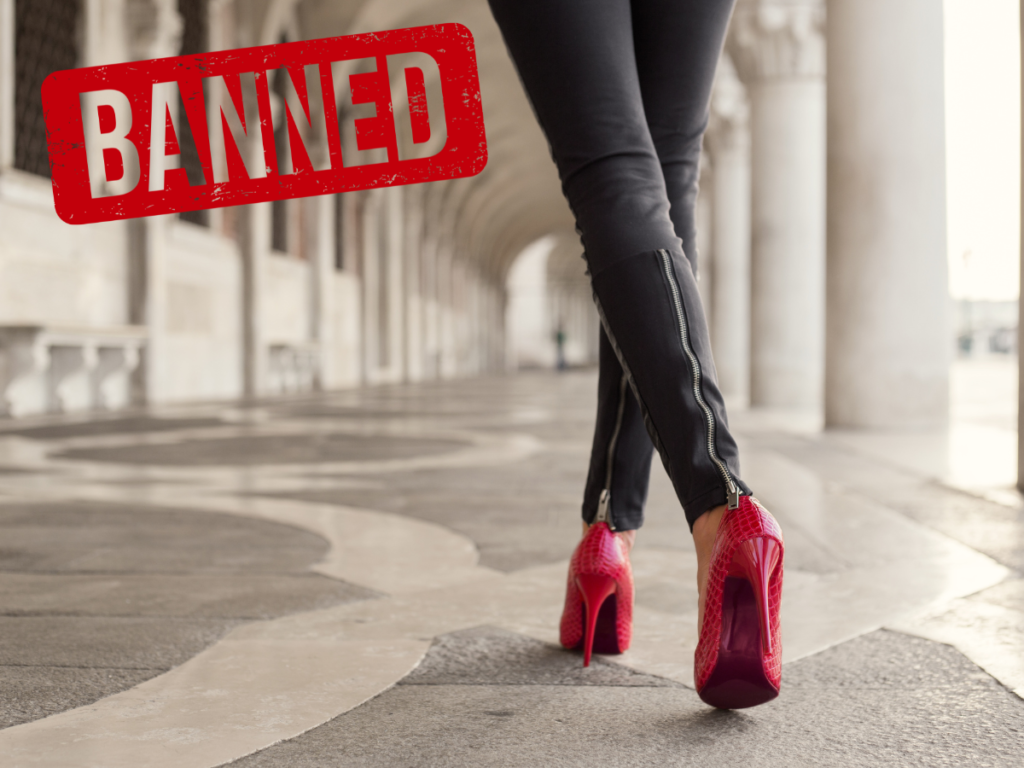
A Stumbling Block: While Greece is celebrated for its ancient ruins and archaeological wonders, wearing high heels is a strict no-no in many historical sites. The delicate marble floors of landmarks like the Acropolis are vulnerable to damage from stiletto heels. Visitors often wear flat shoes or shoe coverings to preserve these treasures when exploring these ancient marvels.
Yellow Clothing in Malaysia:
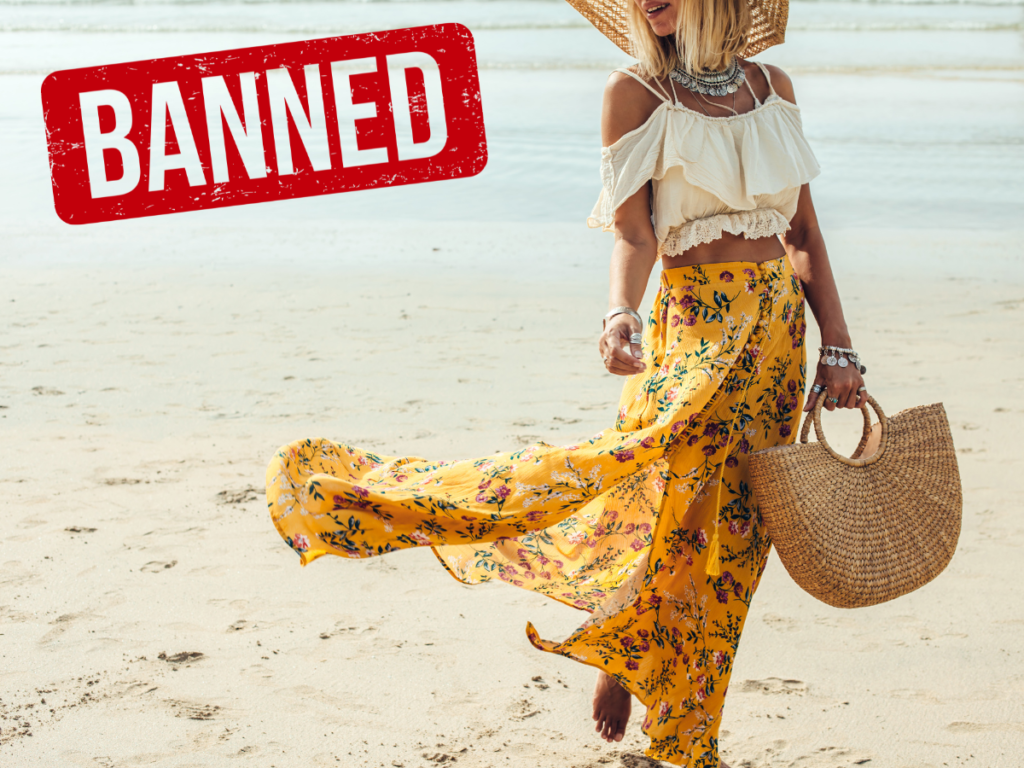
Royal Respect: In Malaysia, wearing yellow clothing can be sensitive. Yellow is associated with royalty, and it is advised to avoid wearing it during visits to the country. This rule is in place to show respect to the Malaysian monarchy. Visitors should consider this cultural consideration, especially during significant events or when visiting royal sites.
Feeding Pigeons in Venice:
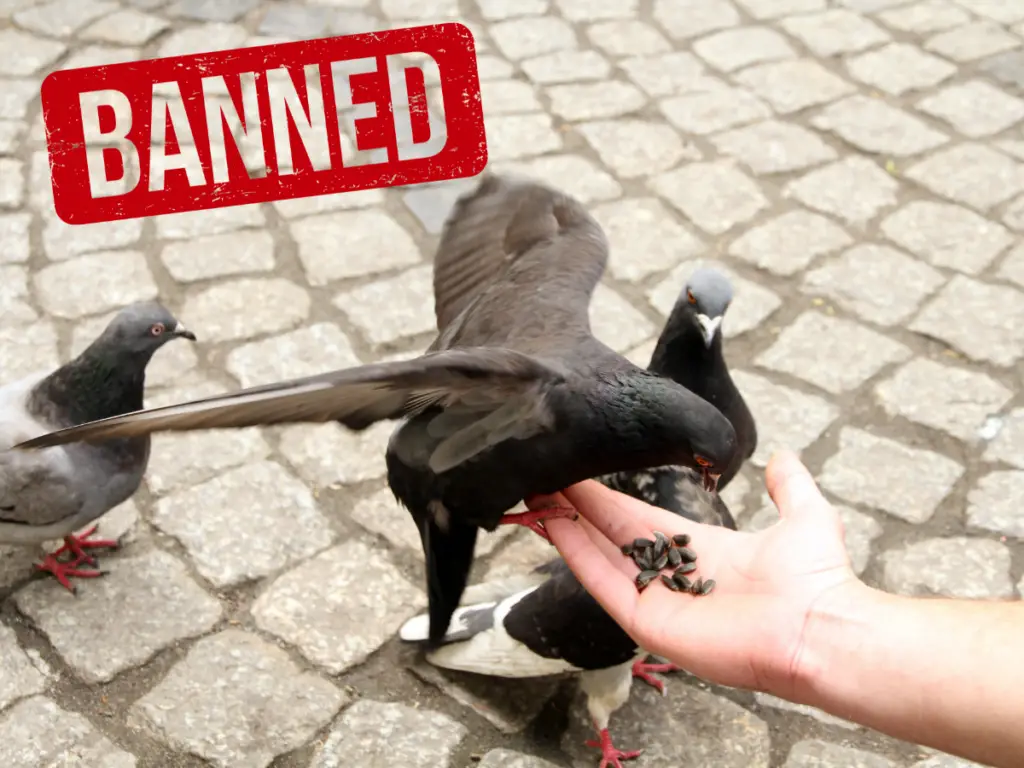
A Fowl Offense: While Venice’s historic squares may seem the perfect place to share a meal with the local pigeon population, think again. Feeding pigeons in St. Mark’s Square is prohibited, and hefty fines can be imposed on those caught flouting this rule. The ban aims to protect the city’s monuments and public spaces from the mess and damage caused by large flocks of pigeons.
Camouflage Clothing in the Caribbean:
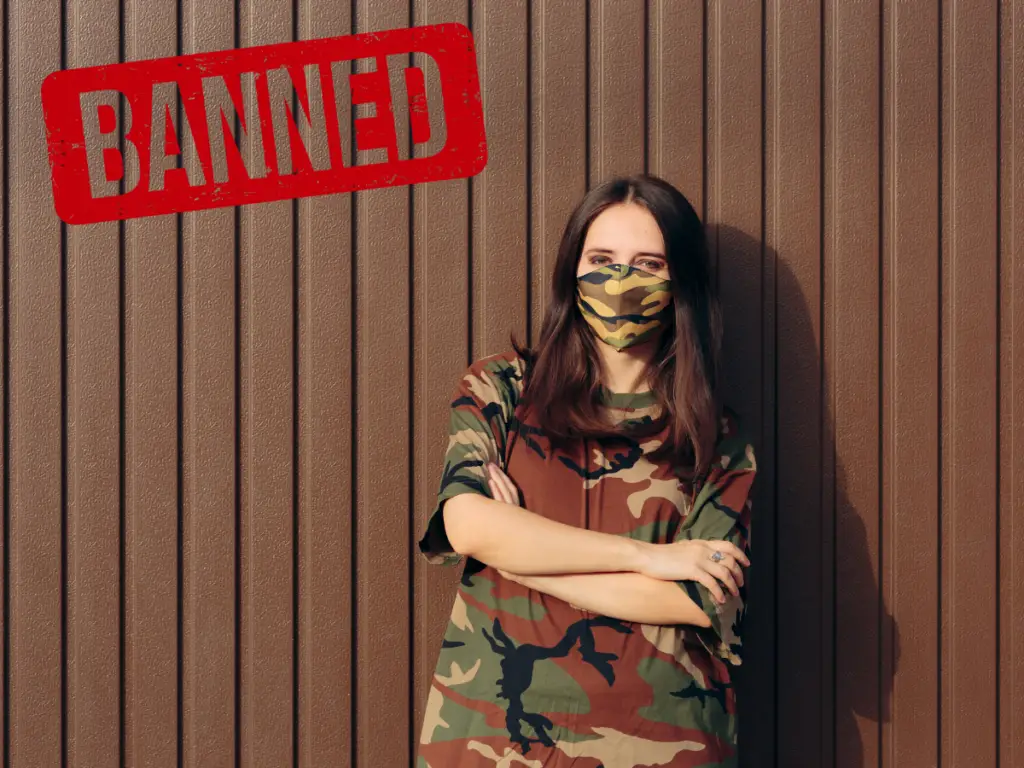
A Military Misstep: In several Caribbean countries, including Barbados and St. Lucia, wearing camouflage clothing is restricted for civilians. These laws are in place to prevent confusion with military personnel and to maintain public order. Travelers are advised to leave their camouflage attire at home to avoid legal complications during their Caribbean adventures.
Public Drunkenness in Sweden:
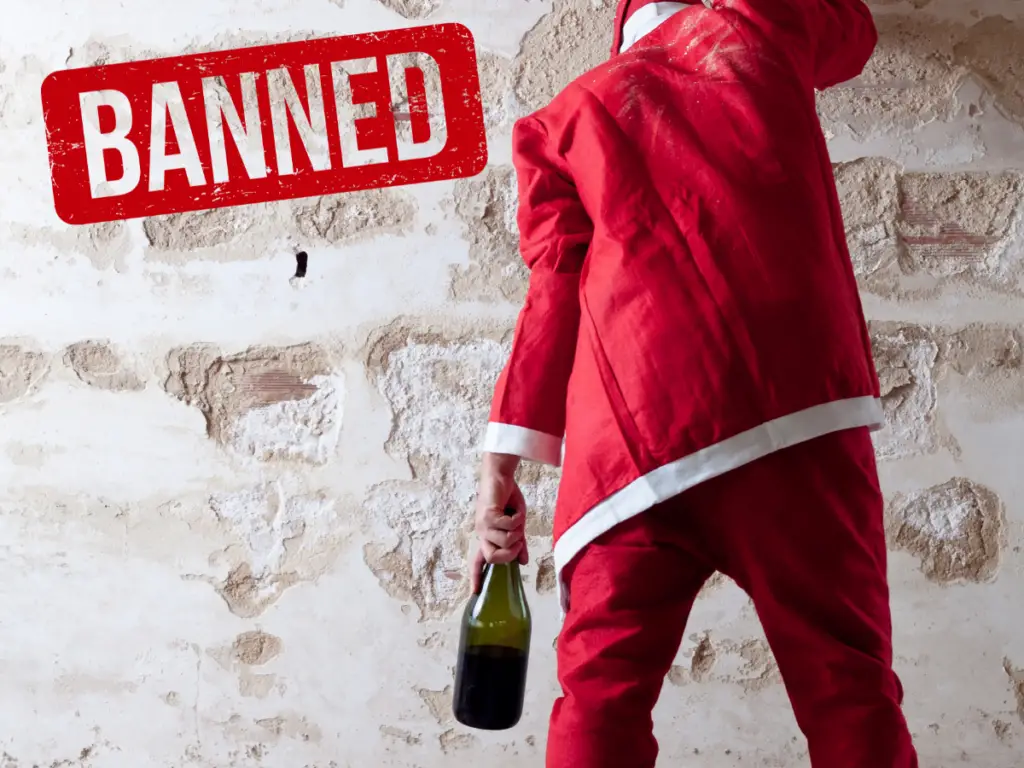
A Sobering Experience: While enjoying a drink in Sweden is acceptable, being publicly drunk is not. In Sweden, public drunkenness is considered a crime, and individuals can face fines or even imprisonment for disrupting public order. Travelers should exercise moderation and be aware of their alcohol consumption to avoid legal consequences.
Frowning in Milan:

Smile, You’re on Candid Camera: In Milan, Italy, the city known for its fashion and style, there’s an unusual ban on frowning. The law, dating back to the late 19th century, was initially implemented to maintain a positive atmosphere. While it may not be actively enforced today, the idea of a city where smiling is the norm adds a whimsical touch to the local culture.
Baby Walkers in Canada:

A Toddler Tumble Ban: In Canada, baby walkers are banned. The ban, implemented in 2004, is based on safety concerns as baby walkers have been associated with numerous accidents and injuries. Traveling parents should be aware of this regulation and make alternative arrangements for their little ones during their stay in the Great White North.
Ketchup on School Lunches in France:

A Culinary Tradition: The French government has banned ketchup in school cafeterias to preserve French culinary heritage and encourage healthy eating habits. The idea is to prevent students from smothering their meals in tomato-based condiments and to promote a more traditional approach to French cuisine. Travelers with a penchant for ketchup should be prepared for a different culinary experience in French schools.
Photography Near Military Installations in Greece:
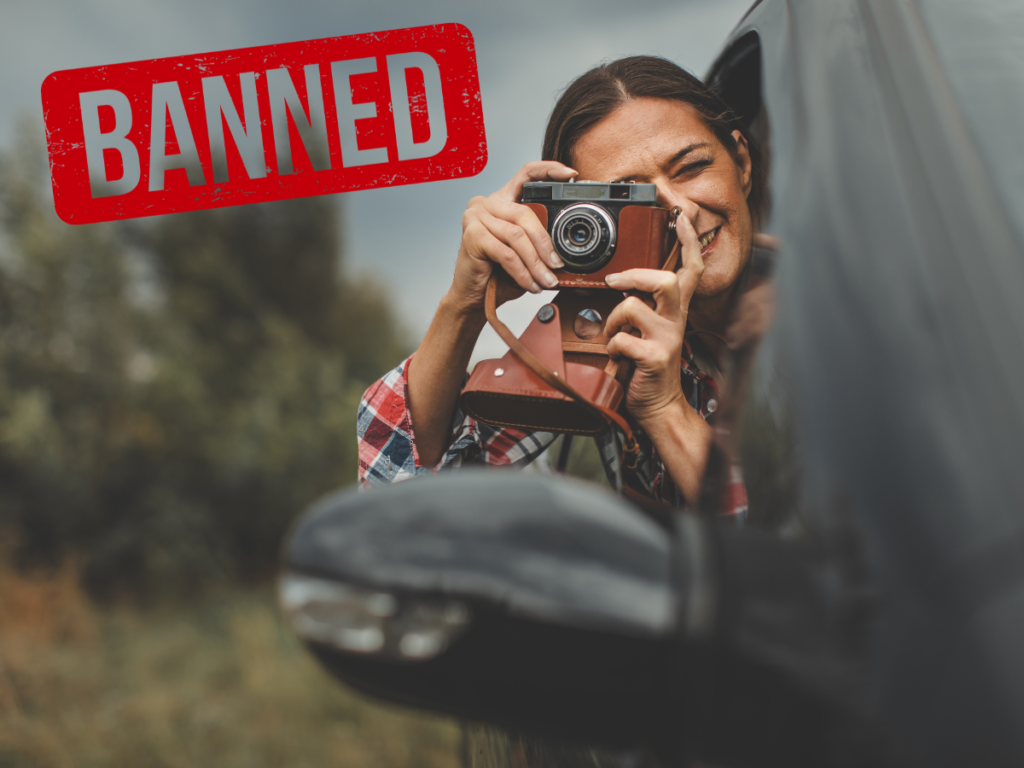
Guarding National Security: Greece prohibits photography near military installations, which can lead to severe consequences. The government takes national security seriously, and photographing military facilities is a potential threat. Travelers should exercise caution and respect the regulations to avoid legal complications during their stay in Greece.
As we traverse the globe, it becomes clear that travel restrictions go beyond the standard list of dos and don’ts. The bizarre bans in different countries offer a glimpse into the diverse cultural landscapes and the efforts made to preserve traditions, protect historical sites, and maintain public order. Navigating these peculiar regulations adds an extra layer of intrigue to the travel experience, prompting us to appreciate the rich tapestry of rules that shape our journeys worldwide.
